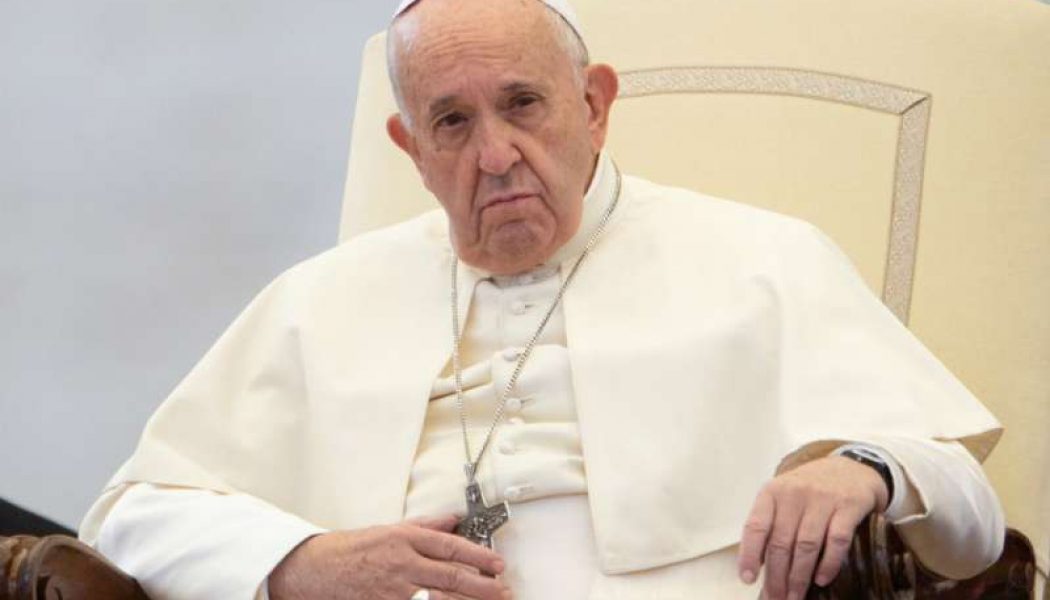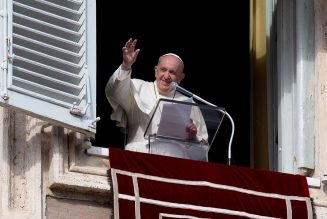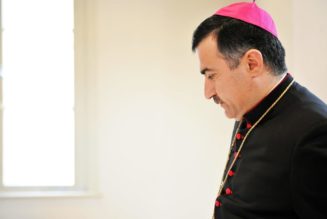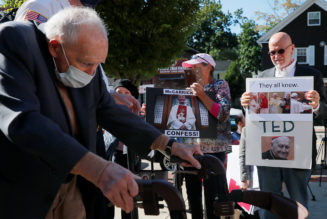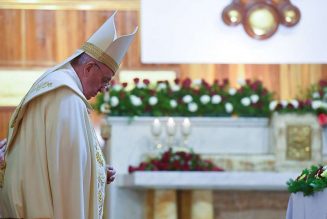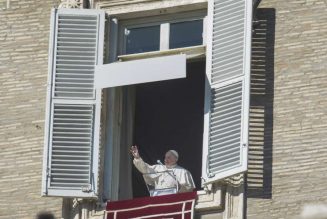
.- Pope Francis said on Friday that canon law can be like medicine, because justice is healing for the entire Church. The pope also said that a long-running process of revising canon law’s penal norms has come to an end, suggesting that major revisions to the Code of Canon Law could soon be issued.
“Making known and applying the laws of the Church is not a hindrance to the presumed pastoral ‘efficacy’ of those who want to solve problems without the law, but a guarantee of the search for solutions that are not arbitrary, but truly just and, therefore, truly pastoral,” Pope Francis said Feb. 21.
“By avoiding arbitrary solutions, the law becomes a valid bulwark in defense of the least and the poor, the protective shield of those who risk falling victim to the powerful in turn,” the pope added.
Pope Francis met with the Pontifical Council for Legislative Texts at the end of their plenary assembly. The pontifical council is not itself a lawmaker, but assists the pope, who is the Church’s supreme legislator, in drafting, and interpreting canon law.
For more than a decade, the Pontifical Council for Legislative Texts has been at work on a set of major revisions to Book VI of the Code of Canon Law, which covers penal law in the Church.
The revision was commissioned by Benedict XVI.
“The work of revision of Book VI of the Latin Code, that has occupied you for several years and with this Plenary arrives at [its] conclusion,” Pope Francis said.
“I urge you to continue tenaciously in this task,” the pope added.
The pope said that the pontifical council’s revision is moving “in the right direction” with its update to the canonical legislation to “make it more organic and in accordance with the new situations and problems of the current socio-cultural context” and “together offer suitable tools to facilitate its application.”
The Church’s law is a pastoral tool, and as such must be considered and accepted, Francis said.
“Contrary to that provided for by the state legislator, the canonical penalty always has a pastoral meaning and pursues not only a function of respect for the order, but also the reparation and above all the good of the guilty party,” the pope said. “The reparative aim is designed to restore, as far as possible, the conditions preceding the violation that disturbed the communion.”
“Every crime affects the whole Church, whose communion has been violated by those who deliberately attacked it with their own behavior,” Pope Francis stressed.
“The aim of the recovery of the individual underlines that the canonical penalty is not a merely coercive tool, but has a distinctly medicinal character. Ultimately, it represents a positive means for the realization of the Kingdom, for rebuilding justice in the community of the faithful, called to personal and common sanctification,” he said.
Pope Benedict XV established the pontifical council following his promulgation of the first Code of Canon Law in 1917. The Pontifical Council for Legislative Texts has since played a role in interpreting the decrees of the Second Vatican Council and revising the code of canon law. A new code for the Latin Catholic Church was promulgated in 1983, and a code of canons for Eastern Catholic Churches was promulgated in 1990.
In his address to the pontifical council, Pope Francis quoted Benedict XVI’s “Letter to Seminarians” and said it can be an invitation to all Catholics to learn to “understand and — I dare say – to love canon law in its intrinsic necessity and in the forms of its practical application.”
“Dictatorships are born and grow without rights. In the Church this cannot happen,” Pope Francis said.
